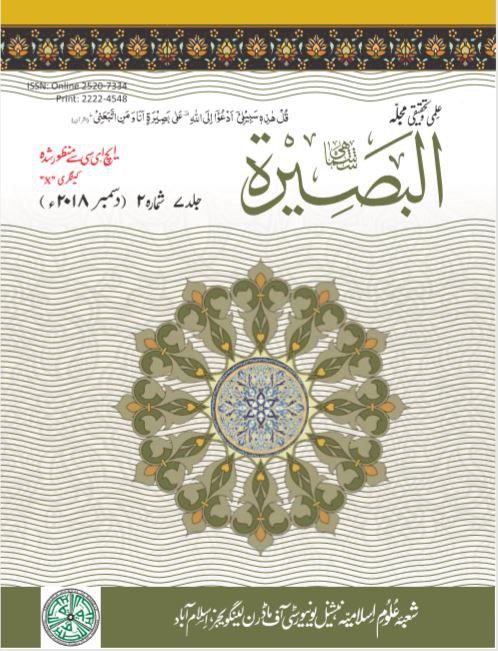Home > Al-Basirah > Volume 4 Issue 2 of Al-Basirah
Article Info
Authors
Volume
4
Issue
2
Year
2015
ARI Id
1682060032214_627
Pages
106-130
PDF URL
Chapter URL
Subjects
Tafsīr al-Qur’ān Sir Syed Aḥmed Khān Deviation Western Thoughts Mainstream Islamic Thought
Issue Details
| Id | Article Title | Authors | Vol Info | Year |
| Id | Article Title | Authors | Vol Info | Year |
Similar Articles
Loading...
Similar Article Headings
Loading...
Similar Books
Loading...
Similar Chapters
Loading...
Similar Thesis
Loading...
Similar News
Loading...

